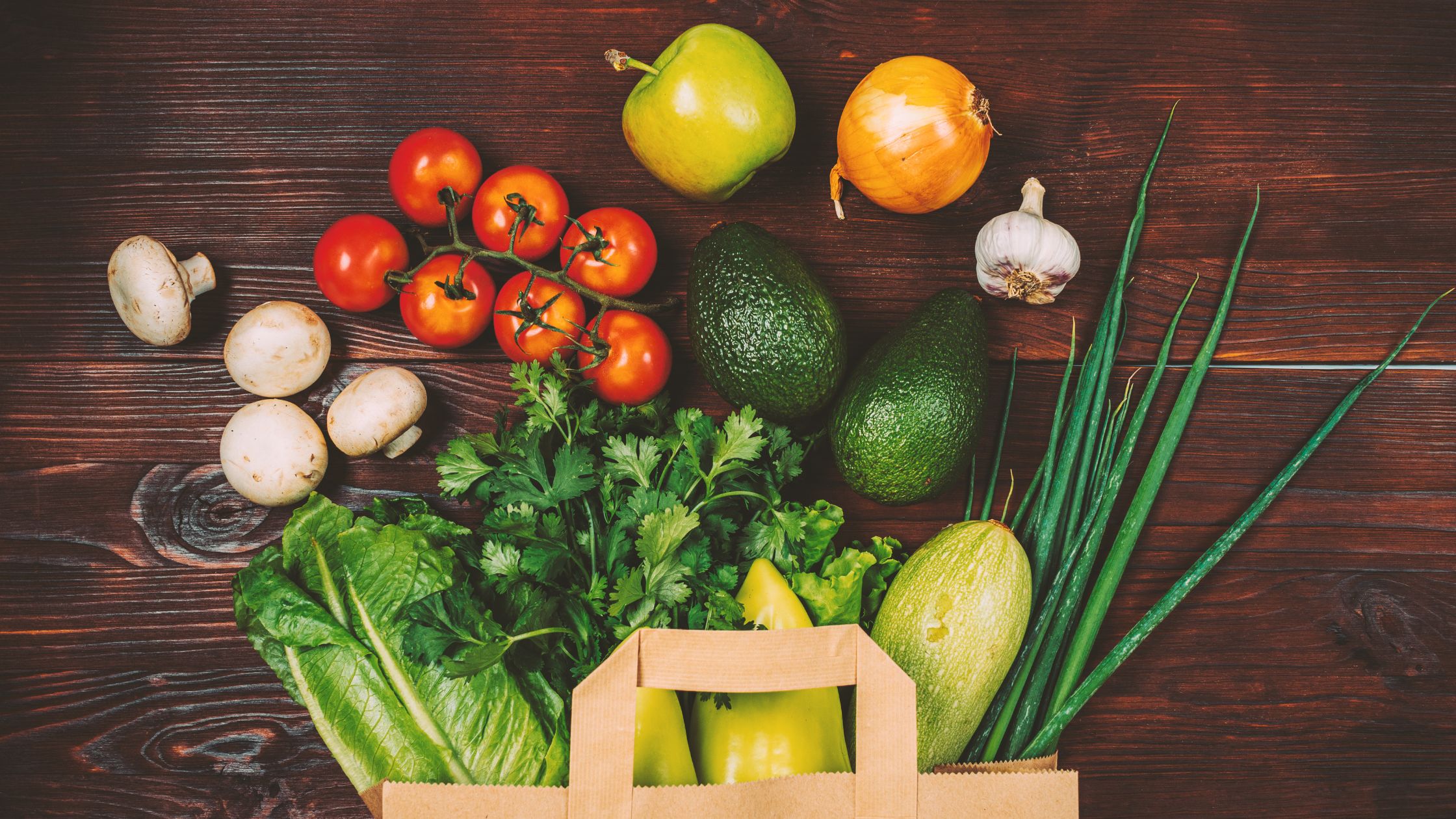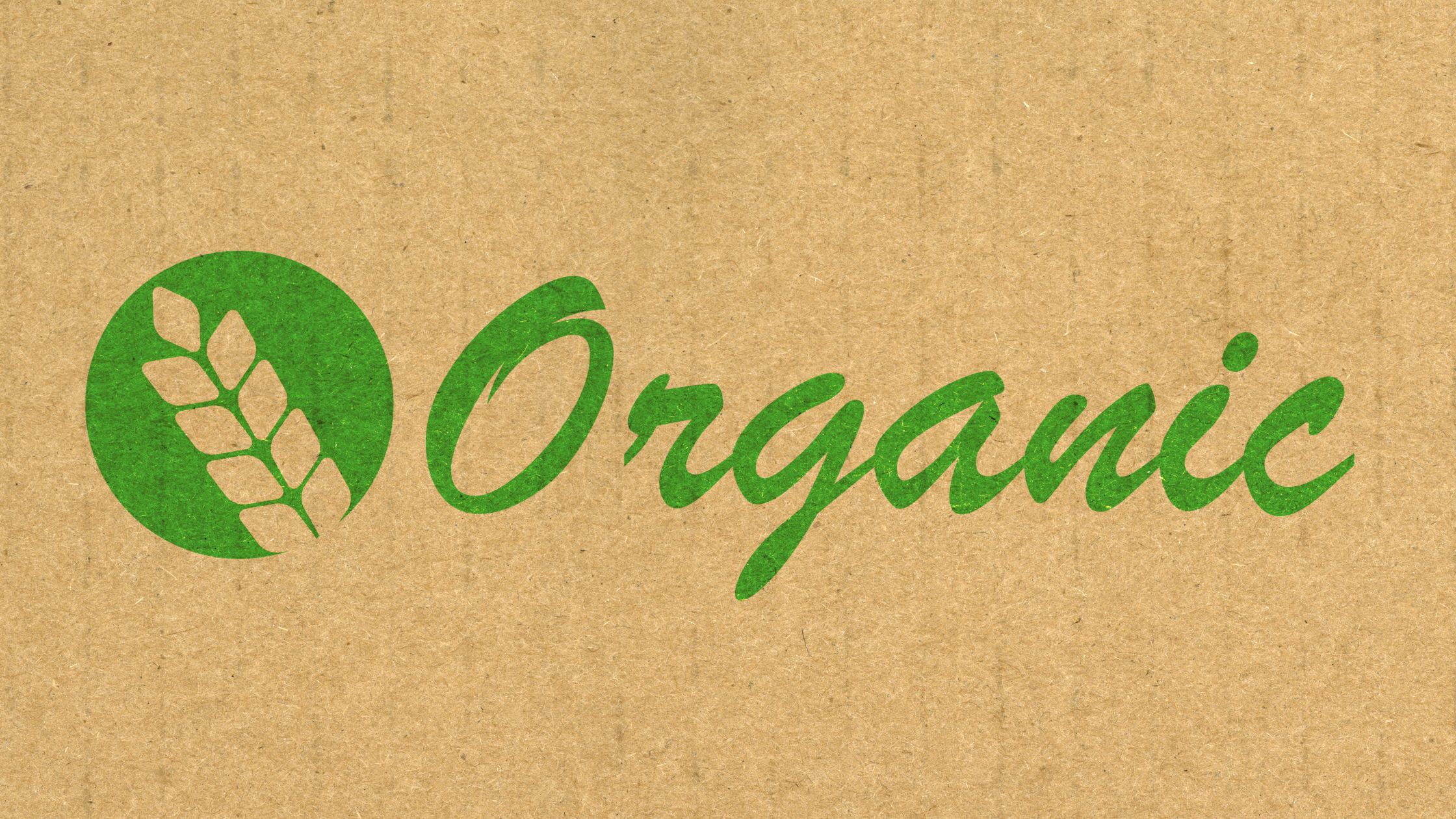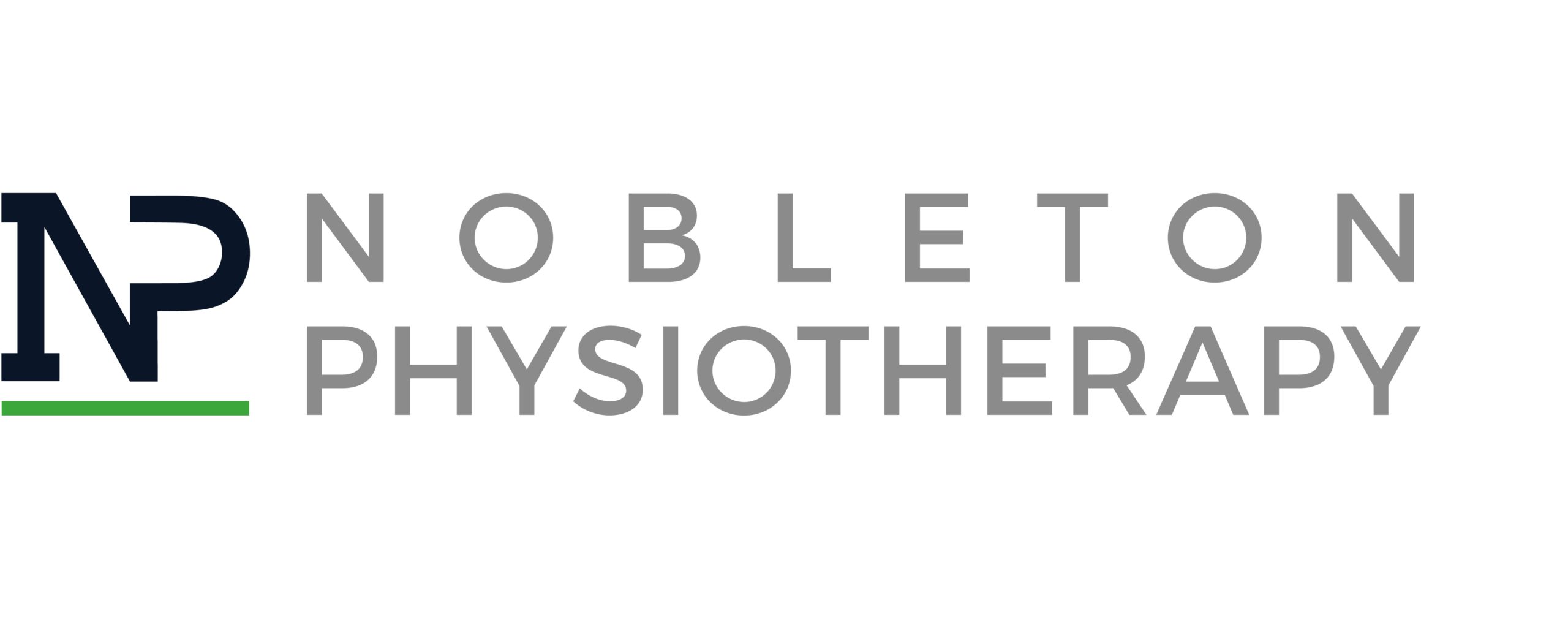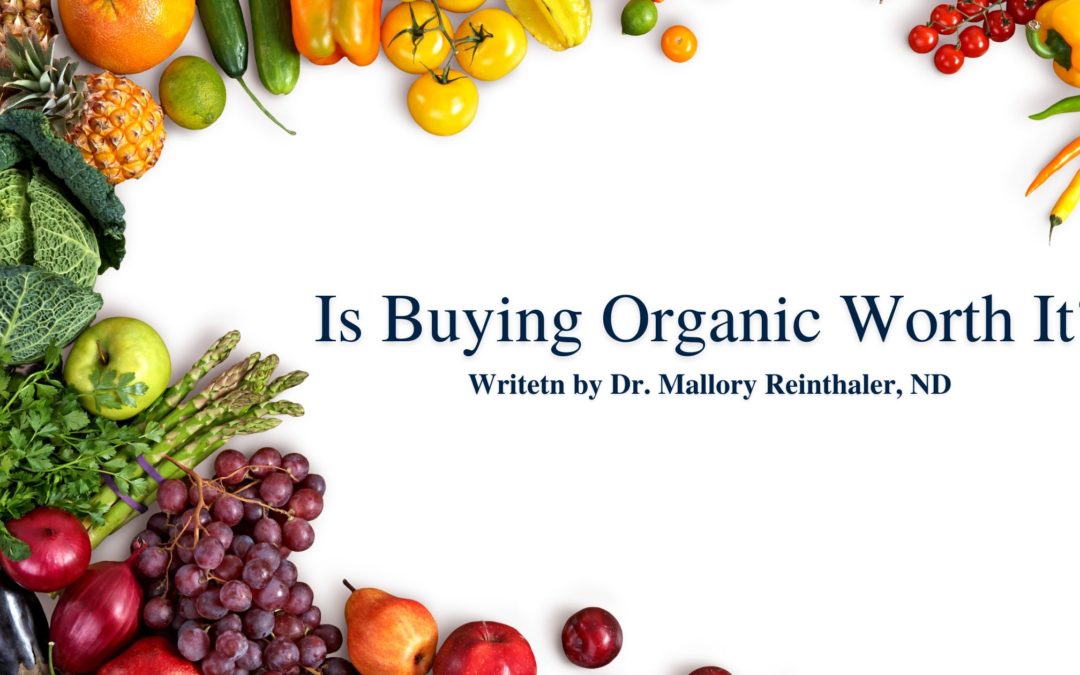The term “organic” is used pretty loosely these days..
So how do we know if that extra 10-60% (sometimes even 300%) cost is actually going to pay off in the long run? Organic = Any produce or meat farmed without the use of artificial chemicals, hormones, antibiotics or GMOs, and free of artificial sweeteners, preservatives, coloring, flavouring, and MSG.

The Pros…
– Certain pesticides contain a chemical called organophosphate, which can wreak havoc on your body in different ways including interfering with the way our hormones are processed in the body and altering thyroid function. I am sure everyone would like to avoid these! The same is true for hormones & antibiotics added to meats.
– In order to naturally fight off pests, organic fruits & veggies may contain more antioxidants & nutrients.
– The actual act of organic farming is better for the environment, reducing pollutants circulating in the air & neighbouring properties.

The Cons…
– The Ontario regulations for classifying an item as “organic” seem to be improving, however 100% of the item does not need to be organic in order to receive the golden seal!
– You can easily rack up a hefty grocery bill. Organic farming is labour intensive and yields fewer crop, therefore the extra cost is justifiable on their end.
– It is hard to accurately conduct studies on the total nutritional benefit, as every plot of land has different soil quality, climate, neighbouring farms etc.
Do what you feel is best for your health! If that means picking & choosing what items you buy organic, check out The Clean Fifteen & The Dirty Dozen. These lists outline the 12 foods you SHOULD be buying organic, and the 15 that are usually clean regardless of the way they are farmed.

